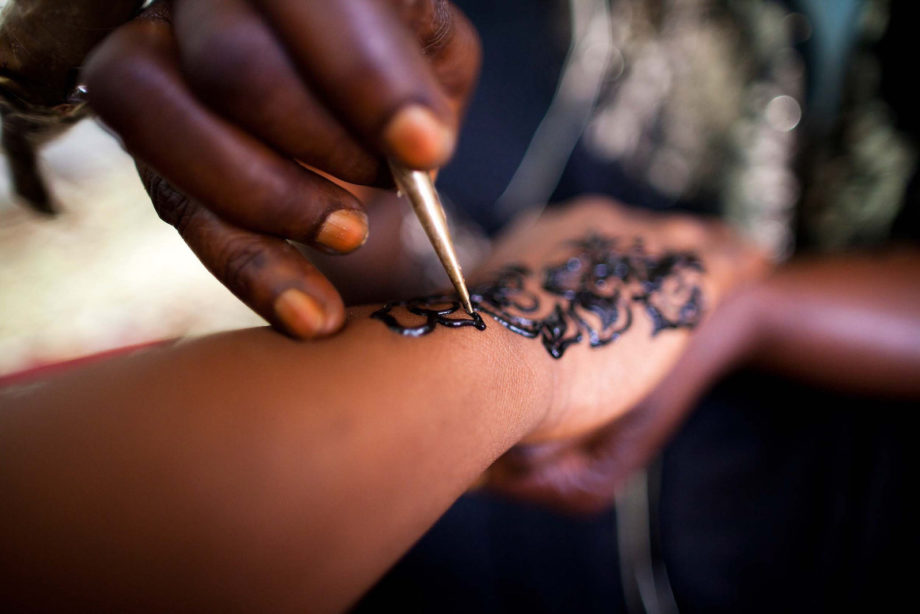My Muslim friend Nabiha lost her husband to cancer recently.
I was at another friend’s house when I found out. We were decorating our hands with henna in preparation to attend a wedding the next day. I received the bad news as the henna was still drying, its intricate designs staining my palms.
With a heavy heart and dried henna flaking off my hands, I drove an hour to the town where my friend lived.
When I arrived, Nabiha was a heap on the floor. She sobbed as her sister rubbed her back. Two other grieving women were wailing—a sister-in-law and Nabiha’s mother-in-law. I greeted each woman, trying to hide my henna-stained hands, a sign of festivity inappropriate in such a sorrowful setting.
I stayed for half an hour or so. I didn’t get to speak to Nabiha; I don’t think she even saw me there.
I went back the next day, and the next—all three days of the traditional mourning period when neighbors and friends are supposed to visit.
The following week, I visited a couple more times. I knew Nabiha would be there. She’s required to stay home four months and ten days after her husband’s death. She’s not permitted to remarry until after this time. It’s enough time to determine whether she’s pregnant with her deceased husband’s child.
These week-after visits were quiet times with Nabiha and her family—sisters, sisters-in-law, nieces, cousins, and mother-in-law. I was the only non-family member there, but none of them seemed to mind.
The raw grief had eased. We chatted about my siblings, the weather in the US, my recent trip to another city for a medical appointment, how I got ticketed by one of the speeding radars there, and how many speeding tickets I’ve had since I moved here.
When members of the husband’s extended family showed up, my presence did need some explanation. Nabiha’s mother-in-law did the honors.
“When she heard that my son had died, she came that night from her town, poor thing. And she came to the grieving time every day after that.” The mother-in-law described me in such glowing terms that I hardly recognized myself.
“And she’s only had two speeding tickets in six years!” she added. I chuckled, reminding myself to mind what I tell the woman because she will surely repeat it.
I was touched, though, because I didn’t even know Nabiha’s mother-in-law saw me as she wept for her son. That first day after his passing, I wasn’t sure whether I was supposed to go, whether it mattered.
Clearly, it mattered more than I realized.
I’ve shared the Gospel with these friends. They’ve heard the Good News. I’ve spent so much time with them, and I hope they see that my life is different because Jesus is my source of hope.
It matters to plant myself in my friends’ lives—in their joys and sorrows—so I can point them to our unfading hope in Christ Jesus.
- Thank God for displaying the hope of Christ in us and through us; pray that Frontiers field workers will be His light among Muslims.
- Pray that families like Nabiha’s will discover the promise of eternal life through the Savior.
- Ask the Lord to send more field workers to go and share the Gospel with Muslims in the hardest corners of the world.
**This account comes from a long-term worker. Names have been changed for security.**
Main photo by UNAMID
Original article: https://www.frontiersusa.org/blog/the-gift-that-matters

